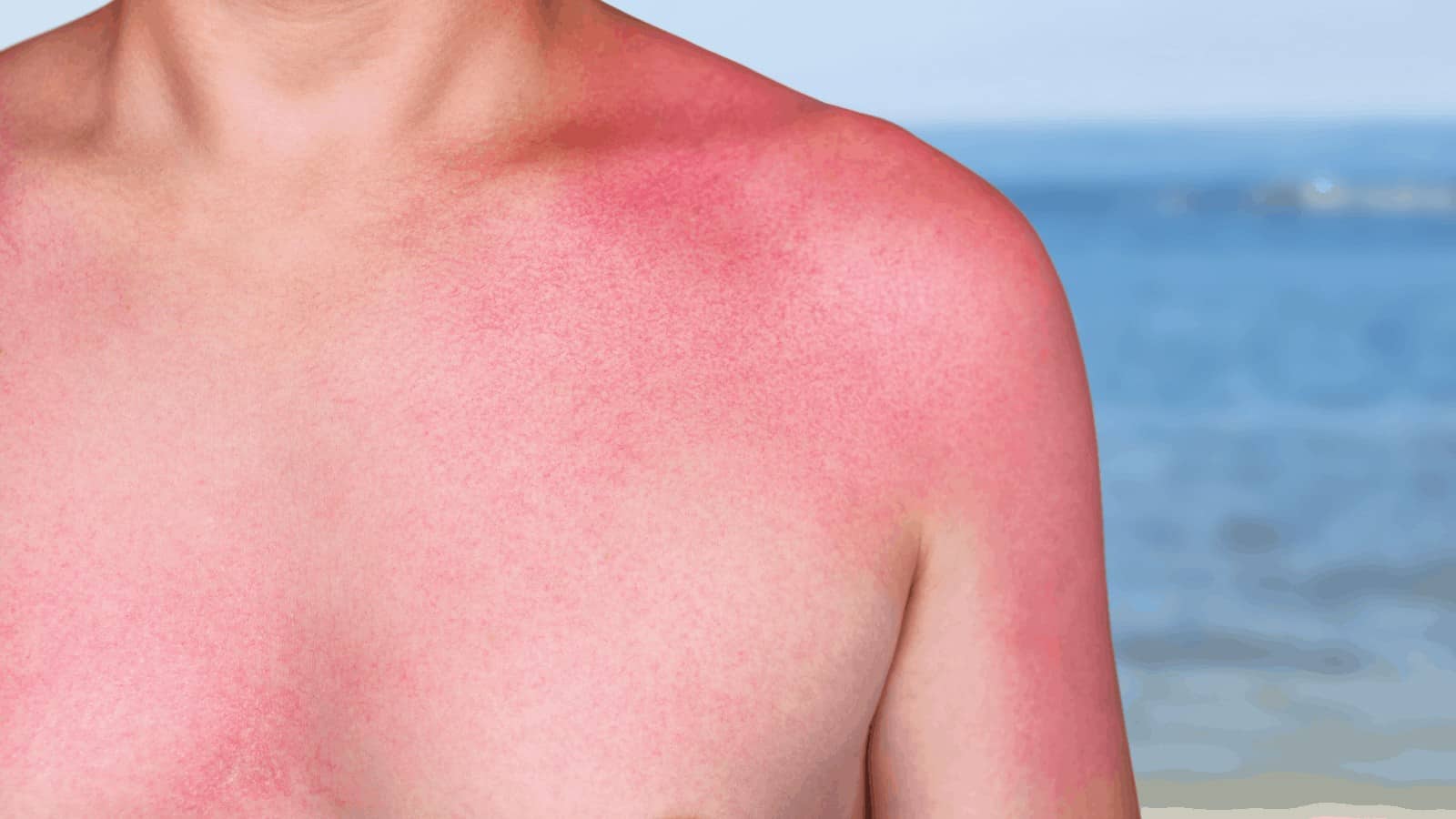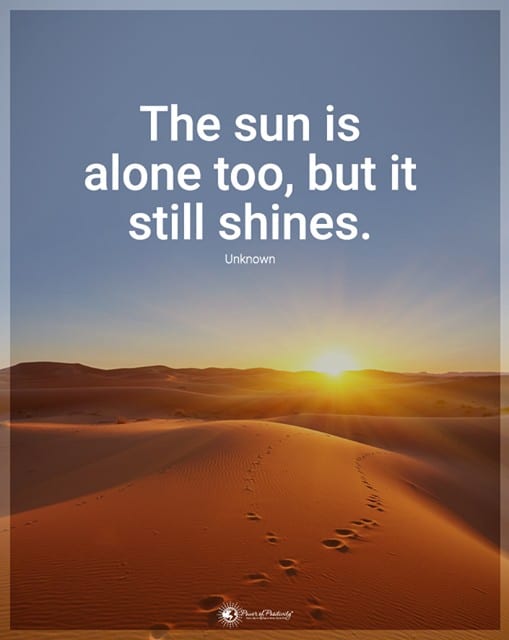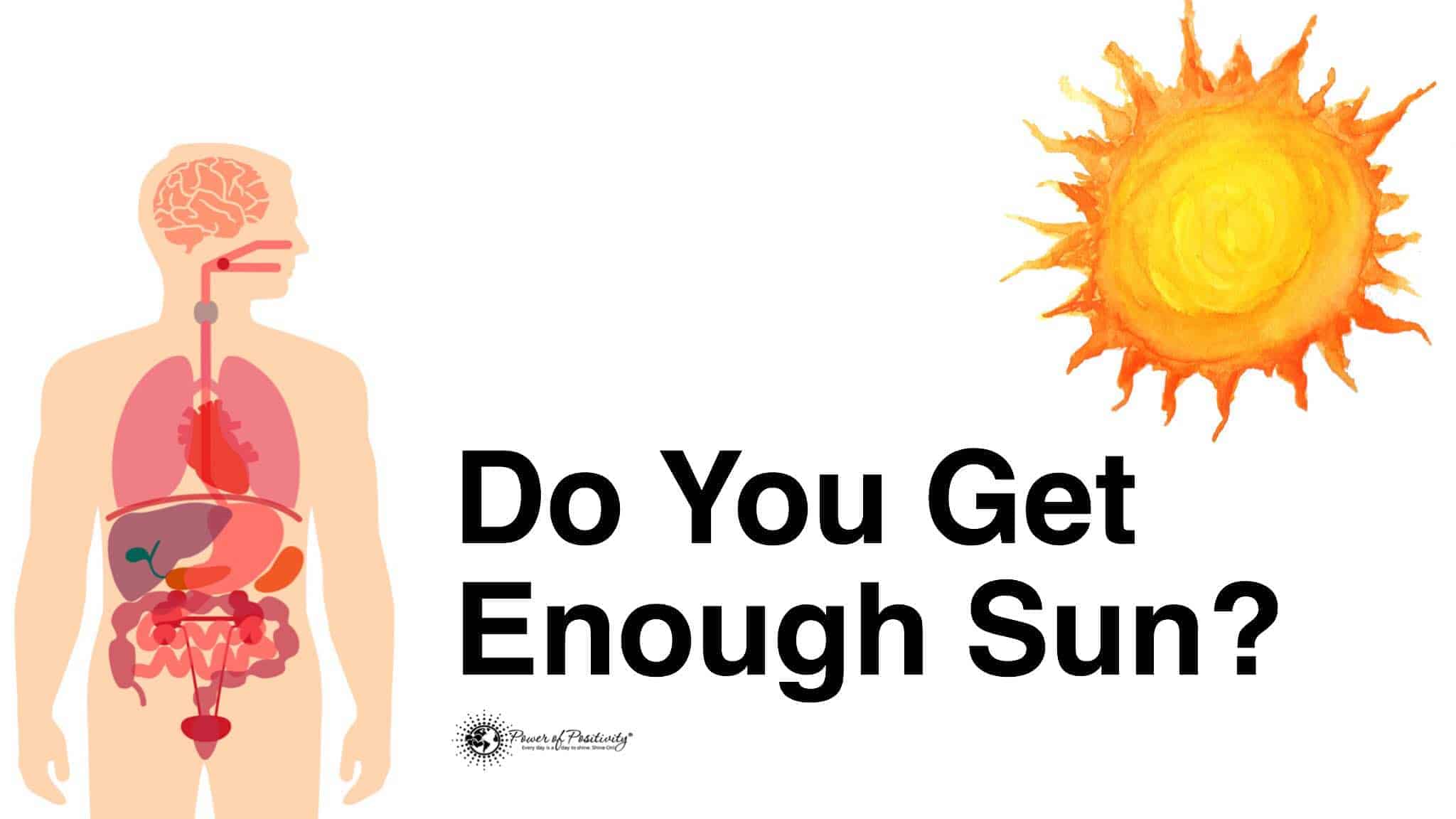Too much exposure to ultraviolet (UV) rays can cause many problems for you. From skin cancer to blindness and abnormal growth, they are all problems that you want to avoid. There are ways to protect yourself from ultraviolet rays, helping you stay healthy.
Usually, ultraviolet rays come from the sun, but you are exposed to them when you use a tanning bed or lamp, too. There are a few types of UV rays to beware of, and there is a specific time of the day when the rays are more powerful.
You might think that UV rays aren’t an issue for you every day, but they are. Thinking about them even when you aren’t spending the day at the beach or pool is essential. Each day, you are exposed to UV rays no matter what you are doing.
Ultraviolet rays are even an issue during the winter when there is snow on the ground. No matter the time of year, you should think about staying protected from harmful ultraviolet rays.
Staying protected isn’t to say that you should avoid the sun. Instead, it means that you should do what it takes to protect yourself.
Factors that Determine the Strength of Ultraviolet Rays
Many factors determine the strength of UV rays, including the time of day and the season. During the spring and summer months, they are more powerful than in the fall or winter. The distance you are from the equator also plays a part because the UV ways get stronger as you get closer.
Your altitude plays a role in the strength, too, because the UV rays are more powerful at higher elevations. Clouds can lessen the strength of UV rays but don’t eliminate them.
Plus, you have to factor in any reflective surfaces nearby. UV rays bounce off certain surfaces, which makes the rays stronger.
Types of UV Rays
You might think that there is only one type of UV ray, but there are a few. The two that affect people on earth include UVA and UVB rays. They are both dangerous, but each for different reasons, and the severity is different.
UVA Rays
These rays cause issues that are often associated with aging. UVA rays cause sun spots, wrinkles, and skin sagging, often making people look older than they are. The rays are powerful and cause long-term damage and even lead to macular degeneration and cataracts.
UVA rays can cause cancer, too. They aren’t as powerful as the UVB rays, but they are still incredibly dangerous. For those reasons alone, you will want to learn to stay protected from ultraviolet rays.
UVB Rays
These rays are what cause you to develop painful sunburns. The sunburn can become so bad that even sunburn treatment doesn’t help. UVB rays can affect the cornea and lens of your eyes, too. Not only that, but UVB rays can cause cancer.
How to Stay Protected from Ultraviolet Rays
1. Use Sunscreen
Using sunscreen is essential to protecting yourself from UV rays. While it doesn’t protect you from all of them, it does offer your skin a layer of defense. You want to make sure to use sunscreen that contains SPF, which is what blocks the harmful rays from your skin.
Some makeup and skincare products also contain SPF, helping to protect you every day. The amount found in makeup isn’t enough to protect you in direct sunlight, though. So, make sure to put on sunscreen even if you are wearing makeup. It’s important to choose a cosmetic products manufacturer that includes SPF in their formulations for added daily protection.
If you use facial moisturizer, cover-up, or concealer, opt for a brand that contains SPF. While it won’t block out all of the harmful rays, it will still offer some protection. You might as well make the most of your daily routine, and you can start with your skincare.
You can find sunscreen in multiple forms including, lotions, creams, gels, sprays, wipes, and ointments. Try them all out until you decide which one you prefer to use the most. It is also helpful to keep sunscreen in your vehicle for when you are unexpectedly in the sun.
2. Avoid Tanning Beds
Just because tanning beds and booths are easily accessible doesn’t mean that they are safe. Tanning beds let out both UVA and UVB rays, which can cause long-term skin damage and cancer. The more time spent in these beds, the higher the risk of skin and eye damage.
If you want a quick tan without lying in the sun, skip the tanning bed and look for another option. You can use a sunless tanning lotion, which makes you look tan without damaging your skin or putting you at risk.
3. Stay in the Shade
If you try to stay in the shade whenever possible, you will protect yourself from UV rays. You can follow the rule that if your shadow is shorter than you, it is time to seek a shaded area. Those are the times when UV rays are the strongest.
UV rays can go through windows, too. Even if you are inside if the sun is beating down on you, move to a different location or close the shades. In your car, wear long sleeves and sunglasses to protect your skin and eyes, too.
4. Be Careful When You are Near Water, Sand, or Snow
Water, sand, and snow are all surfaces that reflect UV rays, increasing your chance of getting sunburned. It causes more UV ray exposure, which will cause your skin to burn more quickly. Reapply your sunscreen often in these situations, and cover your skin as best as you can.
Be extra careful when you are lying on the beach. You will have both the sun and the sand reflecting the UV rays onto your skin and into your eyes.
5. Wear Lip Balm With SPF
Sunscreen is great, but you don’t want to apply it to your lips. Instead, look for a lip balm that contains SPF to protect your lips. It will keep them healthy and help you avoid a painful burn.
6. Wear Clothes that Cover Your Skin
Even when you are wearing sunscreen, you should consider wearing clothes that cover your skin. Clothing offers more protection, and dark colors are better at protecting you than light colors. Keep in mind that if you can see through the clothing, they won’t offer much protection.
It can be tempting to wear fewer clothes when the temperatures get warm but keep your skin safety in mind. You will want to cover your body after getting out of water or when lying on the beach.
7. Stay Inside During Peak Hours
When UV rays are strongest, you should stay indoors. They are most intense during the hours of 10 am and 4 pm. If you must be outside during that time, limit your exposure as much as possible.
8. Wear Sunglasses
Sunglasses can protect your eyes and the skin around them from UV rays. Without protecting your eyes from the sun, you are putting yourself at risk of eye diseases. Make sure to purchase sunglasses that specify that they block UVA and UVB rays.
For more protection, try to use sunglasses that have large frames and that wrap around your face. These types protect your eyes when the sun is coming from different angles.
9. Check the UV Index
You can usually check the UV index on your weather app or another weather report. The higher the index is, the more protection you will need when you are outside. If the index is higher than 10, try to avoid going outdoors altogether.
10. Wear a Hat
Wearing a hat can protect your face, eyes, ears, and scalp. If you can, find a hat with a 3-inch brim so that it can offer more protection. For more neck protection, wear a hat that has fabric draping down the sides and the back.
There are many options when it comes to wearing a hat to protect yourself. Figure out how much protection you need, and choose your hat based on that information.
Keep in mind that baseball caps only protect your face and the top of your head. Your neck and ears remain exposed to the UV rays. Straw hats aren’t very effective, either, as the UV rays can make their way through the lightly woven fabric.
Final Thoughts on Ways to Stay Protected from Ultraviolet Rays
The sun is great, but the ultraviolet rays that come from it are dangerous. Stay protected from ultraviolet rays every day, and be especially vigilant when in the sun for prolonged periods.
Developing these habits right away will be beneficial for you now and in the future. If you do, you will have no regrets regarding your skin and eye health except not starting sooner.
Protect yourself so that your skin looks good, you stay healthy, and your eyes aren’t damaged. You don’t want to find out later on that damage was caused by UV rays. Follow these tips so you can enjoy the sun in a healthy way that won’t cause lasting damage.



















